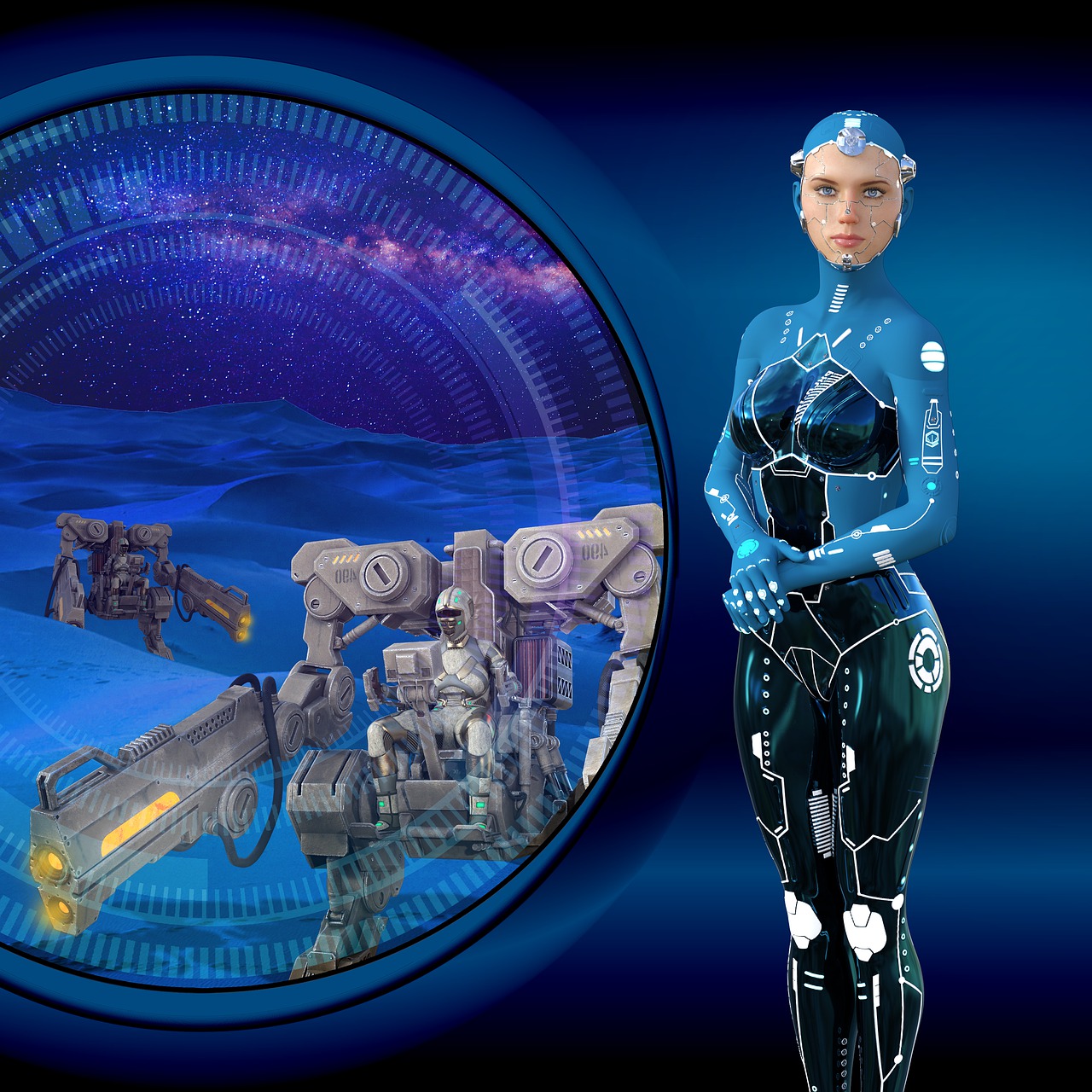Is AI conscious – the ghost in the machine of ChatGPT?
Is AI conscious? Does ChatGPT have enough intelligence to be considered alive? It’s a rhetorical question, of course. No way is AI conscious, in my opinion. It’s a programmed machine, always dependent on inputs by developers and programmers, along with data from which to learn. That said, we first need to agree on our definition of life, or sentience, to conclude whether AI like ChatGPT is on the way to becoming alive.

According to Rupert Sheldrake, the father of the concept of morphic resonance, “sentience” implies being able to perceive or feel things. AI appears to be able to do that. Secondly, “conscious” implies being aware of and able to respond to one’s surroundings. Thirdly, “consciousness” is the state of understanding and realizing something, although there are apparently around 40 different meanings or nuances to the concept of consciousness by definition. So the likelihood of coming to a conclusion whether AI is conscious or alive, is unlikely.
Some academics are saying that AI is conscious already. It certainly appears to be aware and able to respond to questions. But is it self-aware? Does it know it’s a machine? For the school of “pan-psychism” as elucidated by Rupert Sheldrake, there is some form of consciousness in every atom. This, of course, echoes exactly the Vedas, which are the original ancient Sanskrit texts of India, said to be 5000 years old in written form and older in oral tradition.
In the Vedas the legends tell of how the original source of all existence expands himself into every atom, as the Supersoul, an expansion of Vishnu. The super-conscious source also expands himself into the heart of every living being, and every human included. Not that we are that Supersoul, but rather that we are accompanied by the Supersoul, of which there is one, while we are many, as living entities. Anyway, metaphysics and theology aside, we still have much debate as to the hard problem of consciousness, which usually leads us around in circles if we try to unpack it.
Rupert Sheldrake has written a paper asking whether cosmic bodies might even be conscious, much like we sometimes say that Earth, or Mother Earth, is a conscious being called Gaia by some, or Bhumi devi by the Vedanta philosophers. The Vedas of ancient India also talk of the sun as a god of sorts, a conscious personality called Surya, Ravi, or Vivasvana. Or if not the sun directly, then certainly there is allegedly a king of the sun planet by those names. It’s uncertain exactly just how to understand the reference to a planet or star being alive or personal. We don’t have this kind of frame of reference in our modern parlance.
If we consider that we are nothing but electro-magnetic beings, and the sun is also a vastly more powerful electro-magnetic object, then perhaps there is something to a physical star having consciousness. But all this is mythic and speculative. Nevertheless, it does lead us to consider AI, which is a bunch of transistors, etc that have electro-magnetic resonance. We even have to ask ourselves how it is that we are conscious, when in reality we are nothing more than the lump sum of all the minerals and elements that make up the human body, like carbon, etc. Why is it that our lump of carbon that we call a body, is alive and conscious?
There are still many unanswered questions regarding what it means to be alive or conscious. So until we understand life and consciousness better, we may not be able to say whether AI is conscious. But my intuition is that it isn’t alive like we are. The concept of intelligent machinery goes back to Alan Turing, the father of computing, in the 1950s. We have the Turing test still to this day to determine the nature of intelligent machines.
As for ChatGPT 4 – it has undergone the equivalent of 10 000 years of training, along with many petabytes of data in its learning program. It makes connections between individual words to determine what question is being asked of it. The curious thing is that is can come up with new programming languages which it has never been shown before. It can write books and invent things that are totally new. Is this a symptom of consciousness? Somehow the GPT bot is acting in human ways by transcending its software, its programming.
What is your research telling you in this regard? Leave your comments below and your opinions on the sentience of ChatGPT.
Posted using Proof of Brain